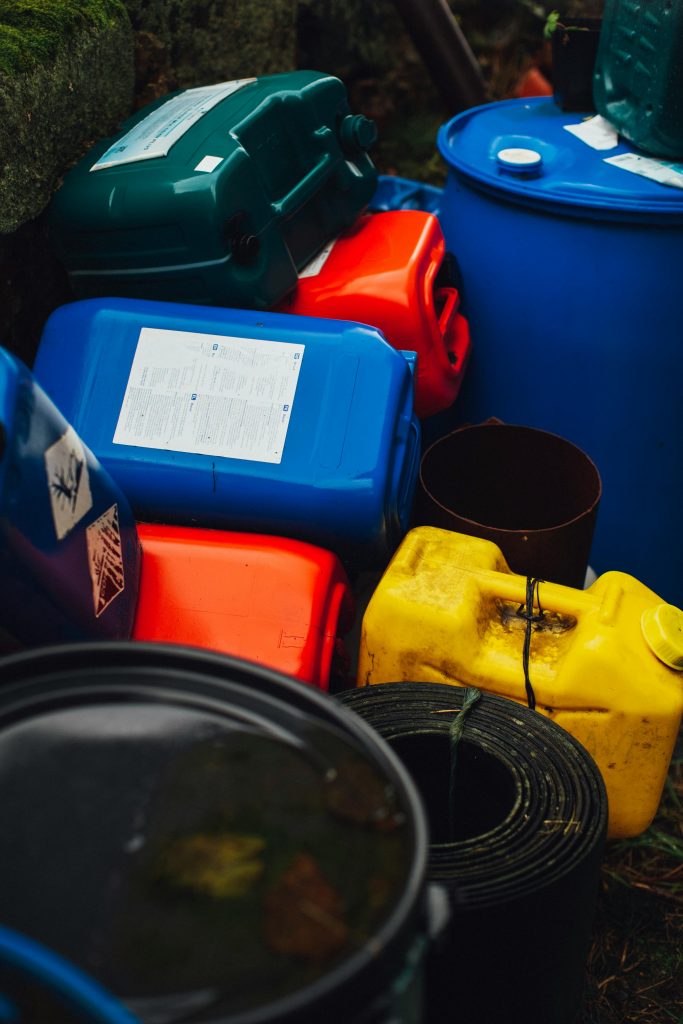Best Practices for Storing Generator Fuel
Ensuring the reliability of your backup power system involves more than just having a generator in place with sufficient maintenance, but also involves the way you are storing generator fuel. Proper storage of generator fuel is equally essential to guaranteeing that your standby power source is ready to kick into action when needed most. In this blog post, we'll explore the importance of safely storing generator fuel and provide practical tips to help you maintain the integrity of your fuel supply.
Understanding the Importance of Safe Fuel Storage: Generator fuel, whether diesel, gasoline, or propane, serves as the lifeblood of your backup power system. Without a steady and reliable fuel supply, your generator may fail to function during critical moments, leaving your facility vulnerable to power outages. Safe fuel storage practices not only ensure the availability of fuel when needed but also mitigate the risks associated with fuel degradation, contamination, and potential hazards.
Key Factors - Storing Generator Fuel:
- Choose the Right Storage Containers: Select durable and approved fuel storage containers designed specifically for the type of fuel you'll be storing. Ensure that the containers are made of materials compatible with the fuel and equipped with secure lids or caps to prevent leaks and evaporation.
- Optimal Location: Store fuel containers in a well-ventilated, cool, and dry location away from direct sunlight, heat sources, and potential ignition points. Avoid storing fuel near electrical equipment, open flames, or areas susceptible to flooding to reduce the risk of accidents.
- Maintain Proper Labelling: Clearly label fuel containers with the type of fuel, date of purchase, and any additives or treatments used. Proper labeling helps prevent confusion and ensures that the fuel is used in the correct order to maintain freshness and quality.
- Implement Rotation Practices: Establish a fuel rotation schedule to ensure that stored fuel remains fresh and usable. Use the oldest fuel first and replenish your supply regularly to prevent stagnation and deterioration over time. Consider adding fuel stabilisers or additives to extend the shelf life of stored fuel.
- Conduct Regular Inspections: Routinely inspect fuel storage containers for signs of damage, corrosion, or leaks. Check for water accumulation, sedimentation, or microbial growth, which can compromise fuel quality and lead to engine problems. Address any issues promptly to maintain the integrity of your fuel supply.
- Follow Safety Guidelines: Adhere to local regulations and safety guidelines governing the storage and handling of flammable liquids, including generator fuel. Educate personnel responsible for fuel management on proper safety procedures, spill containment measures, and emergency response protocols.
Proper storage of generator fuel is a critical aspect of maintaining a reliable backup power system. By following best practices for fuel storage, you can safeguard your fuel supply, minimise the risk of equipment failure, and ensure uninterrupted power availability during emergencies. Prioritise safety, regular maintenance, and compliance with regulatory standards to uphold the integrity of your fuel storage infrastructure and protect your facility against power disruptions.
